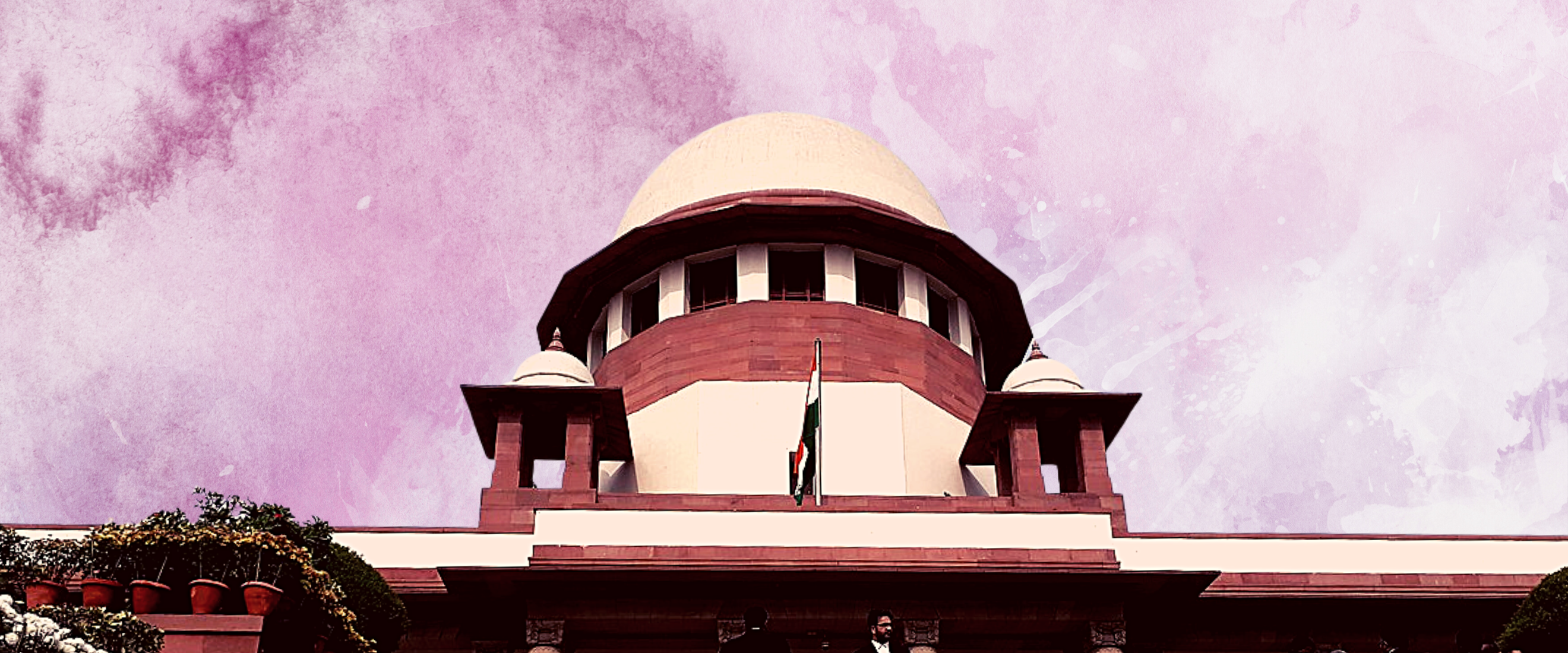Analysis
Reviewing Week 31 at the Supreme Court (2022)
DESK BRIEF: In Week 31 of 2022, the Supreme Court heard matters on bail, political defection, privacy and retirement

The Supreme Court had an action packed week filled with matters on bail, political defection, privacy and retirement. In a new Weekend Desk Brief, SCO reviews the week that passed.
On August 1st, Teesta Setalvad, arrested for allegedly forging evidence in the Zakia Jafri case, approached the Gujarat High Court after a Sessions Court dismissed her bail application. On August 3rd, the Gujarat High Court scheduled the case to be heard for the first time on September 19th. Ms. Setalvad will wait in judicial custody for another month.
On August 4th, the Delhi High Court heard the bail petitions filed by activists Umar Khalid and Sharjeel Imam. The Delhi HC took cognisance of the chargesheet filed against them in November 2020 for their alleged involvement in the Delhi Riots in February of the same year. Imam and Khalid have been charged under various provisions of the Unlawful Activities (Prevention) Act, 1967 and the Indian Penal Code, 1860. After 31 (Imam) and 22 (Khalid) months spent in judicial custody, bail remains elusive.
The concerns over the encroachment of personal liberty in delayed issuance of bail is perhaps not lost on the Supreme Court. On August 4th, a Bench led by Justice S.K. Kaul lamented over the poor application of bail provisions across the country. Commenting on the plight of inmates languishing in custody for over 10 years without bail or trial, he remarked, ‘the State is blissfully unaware.’
Other notable events of the week included a significant development in the Pegasus Probe. On August 2nd, the Pegasus Technical Committee, constituted by the SC, submitted its report to the Court. The Committee was investigating allegations of illegal surveillance by the Indian government on its own citizens, including prominent politicians, judges, activists and journalists. The Technical Committee heard 13 depositions by a diverse group of deponents. Will the Court make the report public or will the Union’s concerns of ‘national security’ be given more importance?
Twice this week, CJI Ramana’s Bench heard the slew of challenges in the Maharashtra Political crisis, brewing between the Uddhav Thackeray and Eknath Shinde factions of the Shiv Sena. The challenges raised substantial questions on the interpretation of the defection law under the Tenth Schedule of the Constitution. The Thackeray faction accused the Shinde faction of committing the ‘constitutional sin’ of defection to form the government. The Shinde faction argued that a question of defection does not arise in this instance—with the majority within the party, they are the ‘real’ Shiv Sena. On Monday, Chief Justice Ramana will decide if a Constitution Bench is required to interpret how defection law would apply to the ‘intra-party split’ in the Shiv Sena.
On August 4th, CJI Ramana recommended Justice U.U. Lalit as his successor when his term ends on August 26th. If appointed, Justice Lalit will serve as Chief Justice of India for 2.5 months—much shorter than the average tenure for a CJI. The recommendation follows the norm of appointing the senior most judge as the next Chief Justice. SCO reported on the nine next CJIs if the seniority norm continues to be followed.
For updates on the Supreme Court through the week, sign up for SCO’s daily updates on WhatsApp and Telegram. If there are stories you would like SCO to cover, write to admin@scobserver.in.